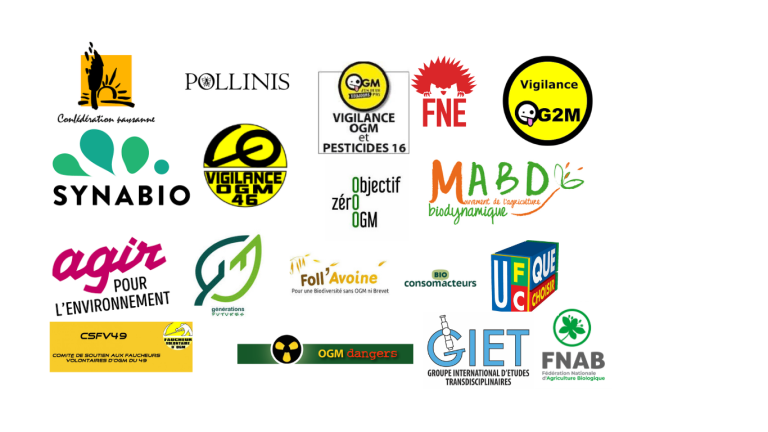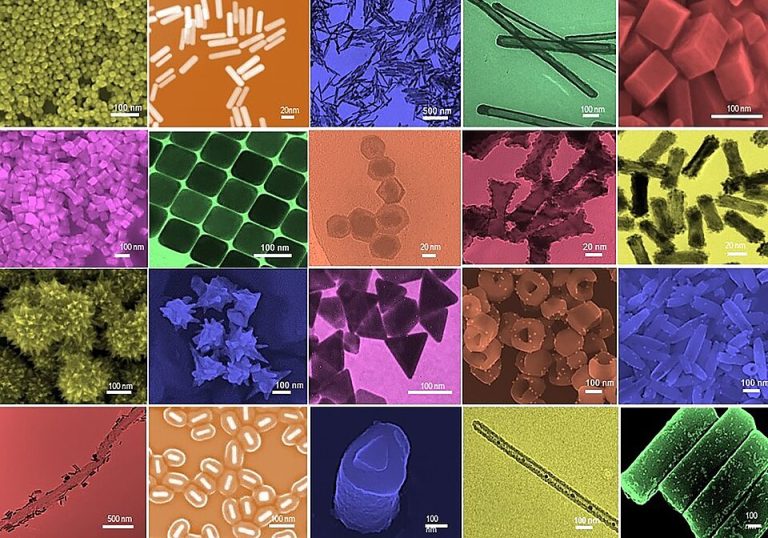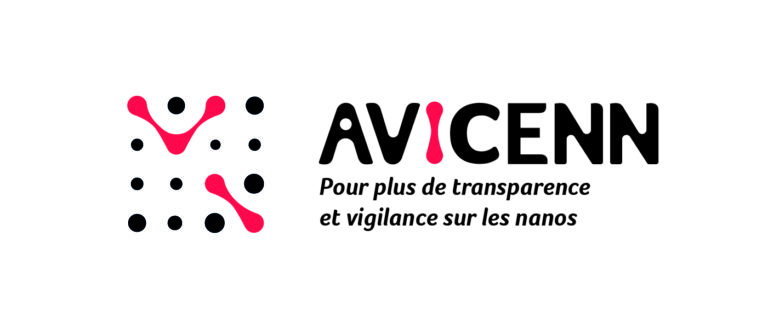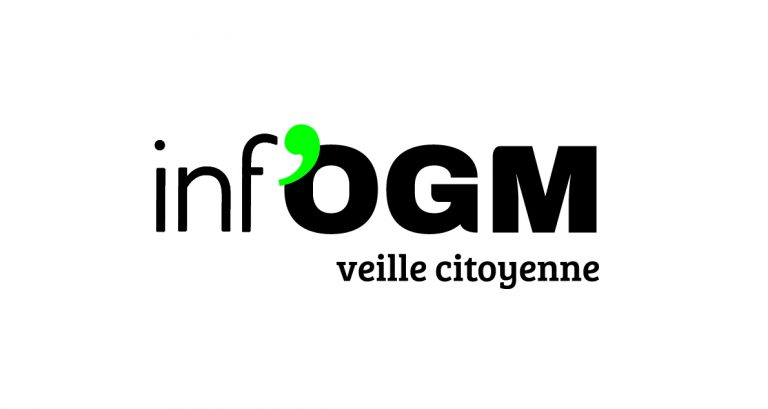Blé transgénique Round Up Ready
Monsanto a prévu d’introduire commercialement du blé transgénique en 2003. Monsanto aurait bien aimé mettre sur le marché un blé qui avait un avantage pour le consommateur, mais, seul le blé RoundUp Ready est prêt… Suite à cette annonce, les professionnels de la filière blé s’inquiètent, non pas du blé transgénique en lui-même, mais de la fermeture des marchés. L’Association Américaine des producteurs de blé estime que ce blé ne sera intéressant que lorsqu’il sera accepté internationalement puisque 50% du blé américain est exporté (3,7 milliards $ en 1999). D’ores et déjà l’Europe, le Japon et l’Egypte ont précisé qu’ils n’achèteraient pas ce blé. La Japan Flour Millers Association, qui représente 90% des importations de blé au Japon, a indiqué qu’elle le boycottera. De même, des producteurs de blé canadiens ne souhaitent pas que ce blé transgénique soit inscrit au catalogue officiel, car disent-ils, “même si nous ne voulons pas en cultiver, on peut se faire contaminer par pollinisation croisée”. Enfin, les Etats du Montana et du Dakota du Nord ont d’ores et déjà prévu des moratoires sur ce blé, mais, petit détail, jusqu’en 2003.
MONSANTO GM WHEAT HOT TOPIC AT INDUSTRY GATHERING
By Carey Gillam, Reuters
February 1, 2001
NEW ORLEANS, La., Feb 1 (Reuters) – Plans for introducing genetically
modified wheat were being debated by top wheat industry experts on Thursday,
as continuing concerns about GM corn contamination had many wheat players
skittish of what biotech tinkering might do to wheat exports. >From farmers
to millers, fear and skepticism over GM wheat was widespread at the 2001
Wheat Industry Conference and Exposition, attended by hundreds of industry
representatives. Though many said they thought technology would ultimately
be beneficial for wheat producers as well as consumers, plans by Monsanto
Co. to bring a GM wheat to market between 2003-2005 were seen by many as the
wrong product at the wrong time.
« With five classes of wheat in the U.S., we already can give the customer
what he wants, » said U.S. Wheat Associates board member Fred Elling, a
Montana wheat grower. « Why should we grow something they don’t want ? » Elling
and others said that international reluctance to embrace GM foods will hurt
U.S. exports of all wheat if a GM strain is introduced. « We’re in favor of
biotechnology, but we’re already struggling to have our grain exported, »
said Kansas Association of Wheat Growers president Dean Stoskopf. « There is
a lot of concern. »
The U.S. has seen U.S. corn exports hit hard by recent contamination of
food-grade corn with non-food approved StarLink biotech corn, particularly
in sales to top customer Japan. Efforts to segregate the GM corn from non-GM
corn failed, resulting in product recalls and angry importers.
With the corn problems still ongoing, earlier this week a Japanese customer
expressed strong reservations to the U.S. wheat industry about GM wheat
prospects there, adding to a long list of negative comments and concerns
that have been recorded from many countries, according to U.S. Wheat
Associates, which markets U.S. wheat internationally. But with St.
Louis-based Monsanto moving ahead with the world’s first GM wheat product, a
Roundup Ready variety that will be resistant to herbicide, wheat industry
leaders were using this week’s gathering to formulate a strategy aimed at
easing the introduction.
INDUSTRY ASKS MONSANTO TO WOO IMPORTERS
To that end, the wheat industry has reached an agreement with Monsanto that
calls for the establishment of an industry committee that will review an
identity preservation system now being developed by Monsanto for GM wheat.
The committee will « criticize and provide input » to Monsanto on the IP
system, which should be developed by the end of 2001, said Darrell Hanavan,
chairman of the joint biotechnology committee of NAWG and U.S. Wheat
Associates. The industry has also given Monsanto a list of 17 key wheat
importers and has asked the company to work to gain customer acceptance in
those markets, said Hanavan.
« What we hope to avoid is that we have a customer base that won’t accept
it, » he said. « We want it to be a successful introduction. » Hanavan said the
industry believes it is preferable to introduce a consumer-driven GM wheat
product first, in order to build market demand, rather than the
producer-demand driven Roundup Ready.
Several companies are in the process of a GM wheat that would directly
benefit consumers, including Monsanto, but the Roundup Ready wheat is the
nearest to commercialization, and is not likely to be delayed, industry
experts said.
That makes many nervous, including those in the milling industry, said North
American Millers Association president Betsy Faga. Millers are very worried
about the ability to adequately segregate GM from non-GM wheat, and somewhat
skeptical about how well an identity preservation system will work. Consumer
tolerance and acceptance will be key, Faga said.
For its part, Monsanto officials see the concerns as valid, said spokeswoman
Kelly Clauss. The company has committed to not commercializing the GM wheat
until it is food- and feed-approved in the United States and in Japan, and
it will work hard to gain consumer acceptance of wheat products through
educational programs, she said.
Clauss said though some may disagree with Monsanto’s strategy, the
introduction of the first GM wheat and the industry activities surrounding
plans for that introduction are significant for the future. « It is an
important step for the wheat industry, » Clauss said, « This is an invaluable
opportunity. If all these people can come together and bring some consensus
around a project like Roundup Ready wheat … the potential for what that
might hold for the future of wheat is great. »
EUROPEAN BUYERS WARN U.S. OVER GENE WHEAT PLANS
By Greg Frost, Reuters
February 2, 2001
PARIS – European buyers of U.S. spring wheat said on Friday there was no
market for genetically modified (GM) wheat in Europe and warned they would
take their business elsewhere if U.S. farmers began planting such crops. « We
will never be in the market for it, » said Kjetil Gran Bergsholm, a trader at
Norwegian importer Stakorn. He said Norway bought 30,000-40,000 tonnes of
high-quality wheat each year, and he chose between supplies from the United
States, Canada and Kazakhstan based on price. « We have to listen to our
customers, and they don’t want GM wheat. If the U.S. goes ahead with this,
we’d have to turn to Canada and Kazakhstan to get those supplies, » he said.
St. Louis, Missouri-based Monsanto Co said last month it was moving ahead
with the world’s first GM wheat product despite concerns about scientific
tinkering with food grains. Monsanto said it is developing a Roundup Ready
variety of dark northern spring wheat, which it hopes to commercialise
between 2003 and 2005. The wheat, modified to resist the company’s Roundup
herbicide, is designed to boost yields.
While Norway only buys a few thousand tonnes of U.S. dark northern spring
wheat each year, Europe represents a key market for the grain. According to
USDA statistics, U.S. exports of dark northern spring wheat to the European
Union and other western European countries totalled more than 1.1 million
tonnes in 1999/2000 — nearly a fifth of all U.S. dark northern spring wheat
exports that year.
NOT READY
Fearing the loss of possible markets in Europe and elsewhere, the U.S. wheat
industry has reached an agreement with Monsanto that calls for a panel to
review a so-called identity preservation system the company is developing
that would segregate GM wheat from non-GM wheat. The industry has also given
Monsanto a list of 17 key wheat importers and has asked it to work to gain
customer acceptance for the wheat in those markets.
It was not immediately clear, however, whether Monsanto would be able to
convince consumers in Europe-a hotbed of opposition to bio-engineered
crops-of the benefit of wheat that is modified to resist a weed-killing
chemical. « Our customers-supermarkets, bakeries and the like-they’re not
ready for it, » a purchaser at a large northern European miller said, noting
European shoppers were increasingly aware of what went into the products
they buy.
« It could mean that we would completely stop importing from that region if
they could not guarantee that it is not genetically modified, » he added.
Alexander Waugh, director-general of British and Irish millers’ association
NABIM, said his group was scheduled to meet Monsanto in the coming weeks to
discuss its GM wheat proposal, among other issues.
« The reality is that for the time being, our customers in Europe don’t
really want anything genetically modified, and it’s difficult to see that
changing in the near future, » Waugh said. « UK millers have regularly pressed
Monsanto that for genetically modified crops to have any marketing
potential, they have to offer consumers a benefit, » he said. « Personally, I
don’t think Roundup Ready offers a lot to consumers. »















